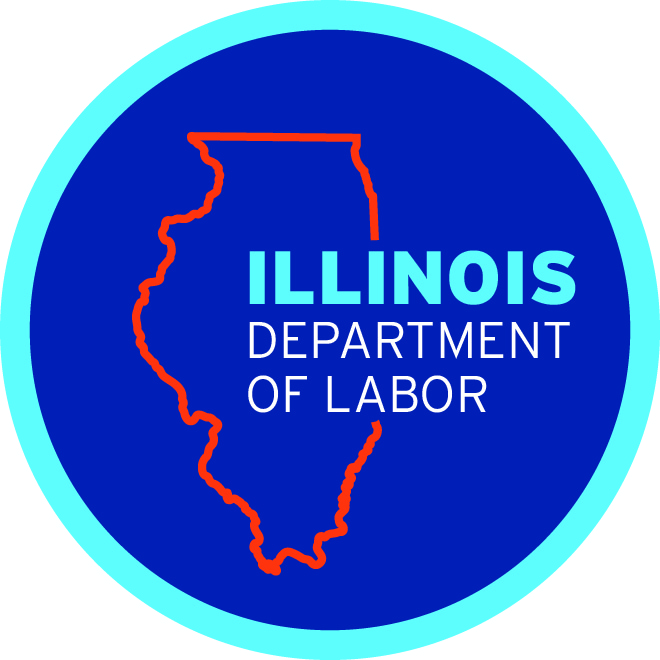Employer Equal Pay Act Salary History Ban FAQ
The Frequently Asked Questions (FAQs) provided below highlight topics and specific questions that are often asked of the Illinois Department of Labor (IDOL). The information provided in the FAQs is intended to enhance public access and understanding of IDOL laws, regulations and compliance information.
The FAQs should not be considered a substitute for the appropriate official documents (i.e. statute and/or administrative rules.) Individuals are urged to consult legal counsel of their choice. Court decisions may affect the interpretation and constitutionality of statutes. The Department cannot offer individuals legal advice or offer advisory opinions. If you need a legal opinion, we suggest you consult your own legal counsel. These FAQs are not to be considered complete and do not relieve employers from complying with applicable IDOL laws and regulations.
- 1. Can employers ask for salary history or use salary history when determining whether to offer a job or when determining how much to pay the job applicant?
- 2. Can employers ask about employment benefits that have been provided in the past to a job applicant during the application process?
- 3. Who is covered by the law?
- 4. Can employers use recruiters to determine applicants' salary histories?
- 5. Can an employer ask a current or former employer of the job applicant for the applicant’s wage history?
- 6. What if the employee already works for the company where he or she is applying?
- 7. Can an employer prohibit employees from discussing their salaries?
- 8. Can job applicants volunteer salary history information?
- 9. Can employers provide a salary range to an applicant or discuss with an applicant their salary and benefits expectations?
- 10. Who do I contact if I have questions about the new law?
No. It is unlawful for an employer to request or require a wage or salary history from a job applicant as a condition of being considered for employment or as a condition of employment.
No. It is also unlawful for an employer to request or require a job applicant to disclose benefits or other compensation received at any current or former employer as a condition of being considered for employment or as a condition of employment.
Illinois job applicants. This includes applicants to part-time and full-time positions, temporary or permanent, whether hourly or salary. The law however does not cover independent contractors.
No. Recruiters, employment agencies, staffing agency or any other agent of an employer may not screen applicants based on their current or prior wages or salary histories, benefits or other compensation.
No. It is unlawful for an employer or their agent to ask for a wage or salary history, benefits or other compensation from an applicant’s employer or former employers when conducting verification or reference checks.
The prohibition does not apply if a job applicant’s salary history is a matter of public record or if the applicant is a current employee applying with the same employer.
No. An employer cannot prohibit its employees from disclosing their own salaries, benefits or other compensation to other individuals.
Yes. Applicants may voluntarily disclose their prior wage or salary history including benefits or other compensation. The employer shall not consider or rely on the voluntary disclosures as a factor in determining whether to offer a job applicant employment, in making an offer of compensation, or determining future wages, salary or benefits.
Yes. An employer can provide information about the wages, benefits, compensation, or salary offered in relation to a position. The employer can also engage in discussions with an applicant about the applicant’s expectations with respect to wage or salary or benefits.
You should call the Illinois Department of Labor at the Equal Pay Hotline 866-372-4365.

